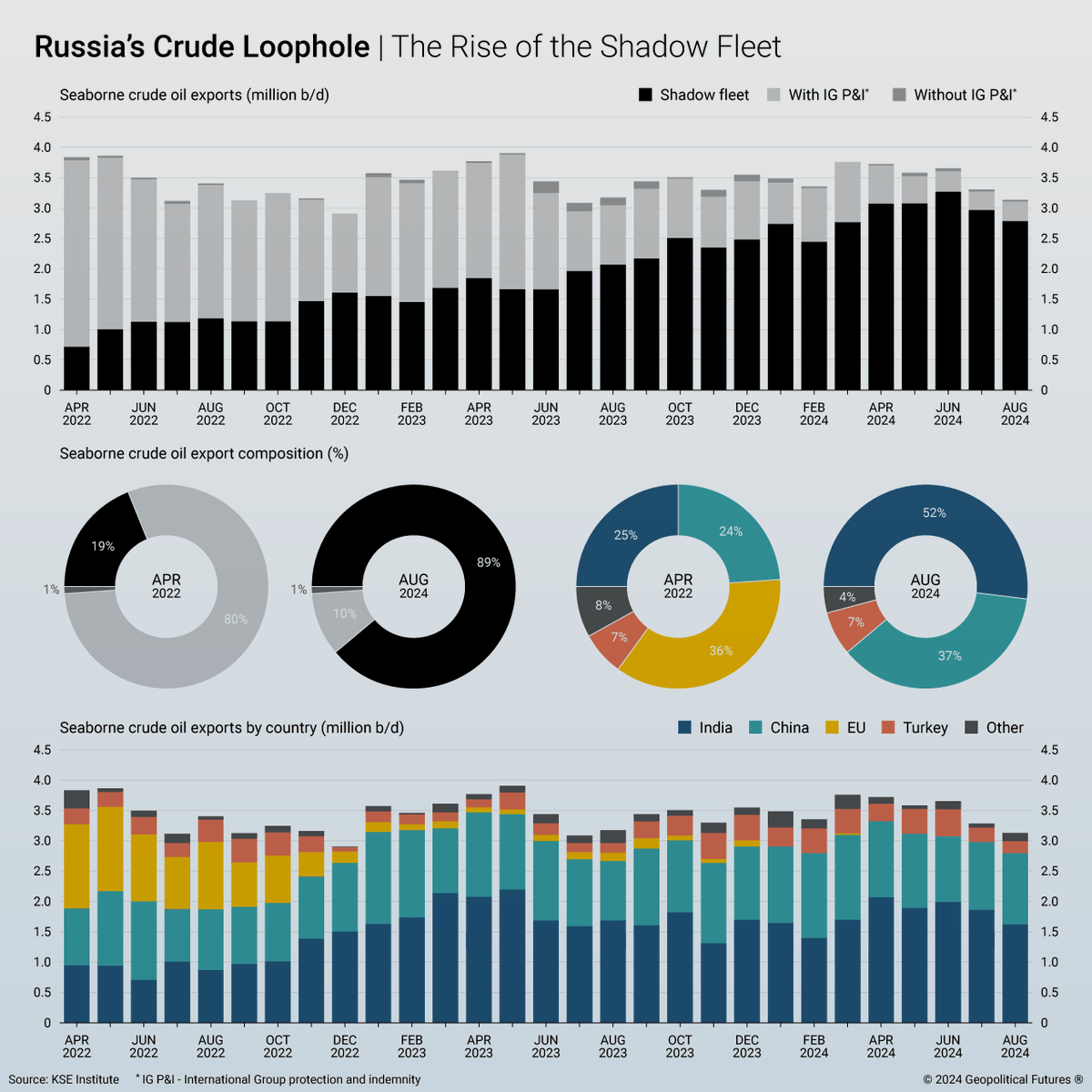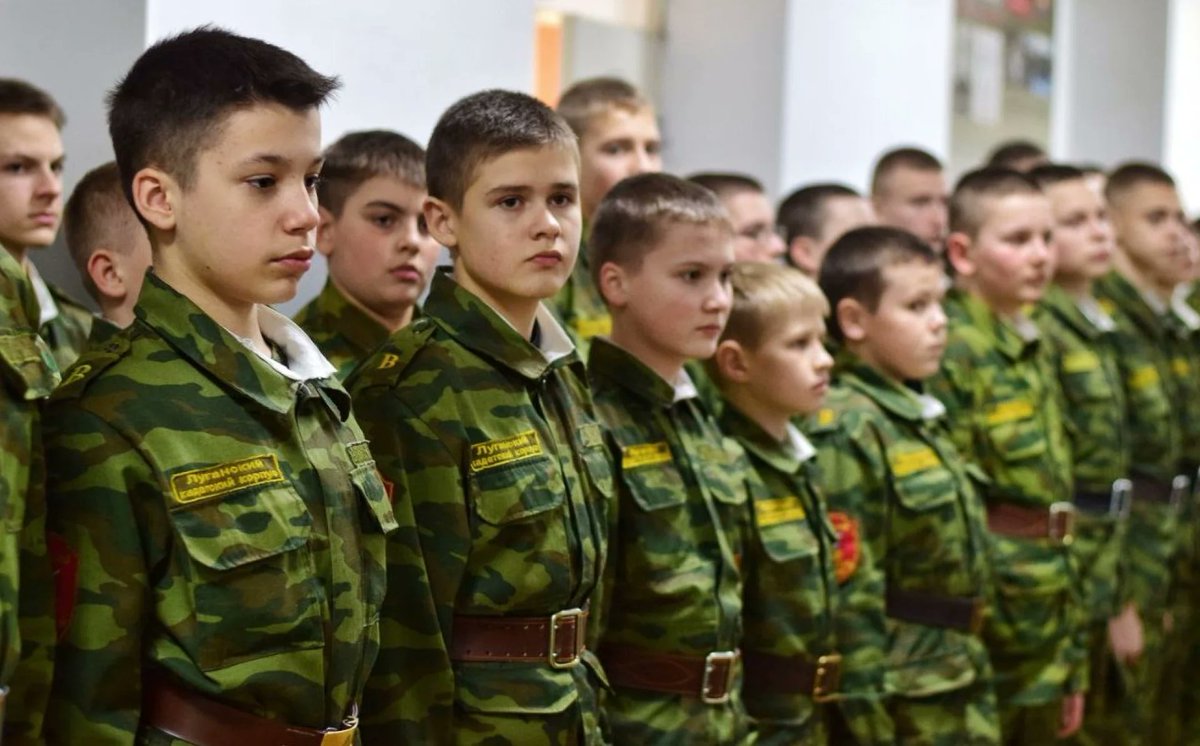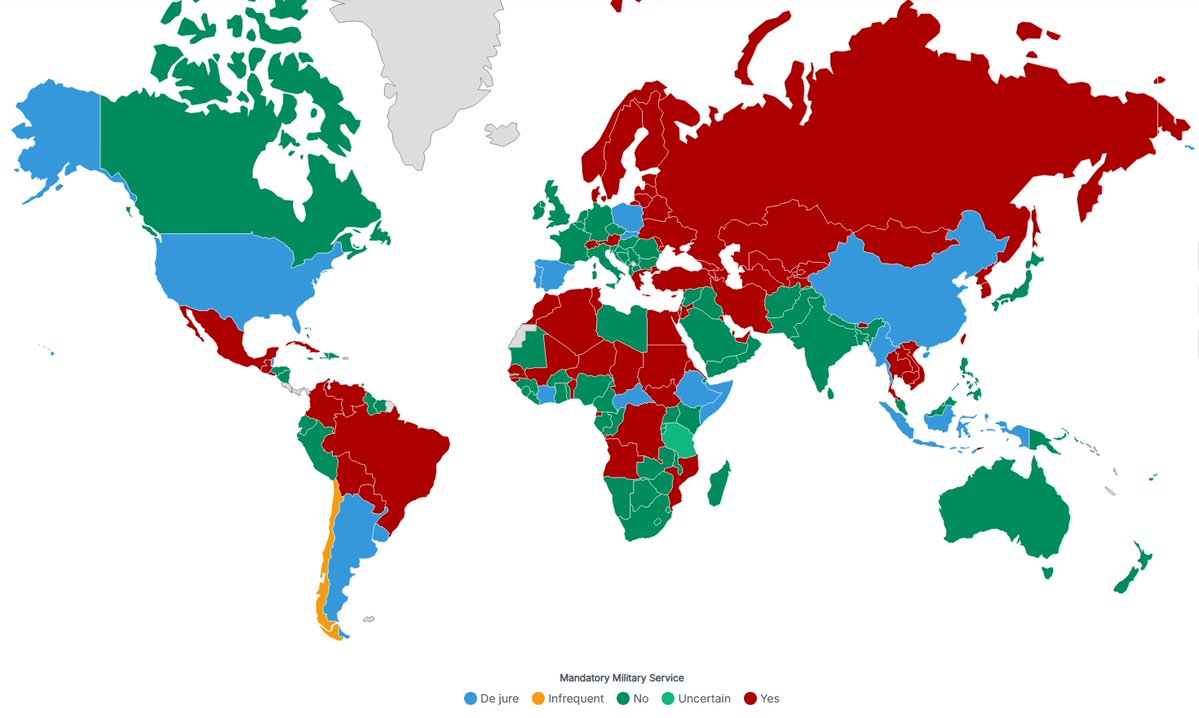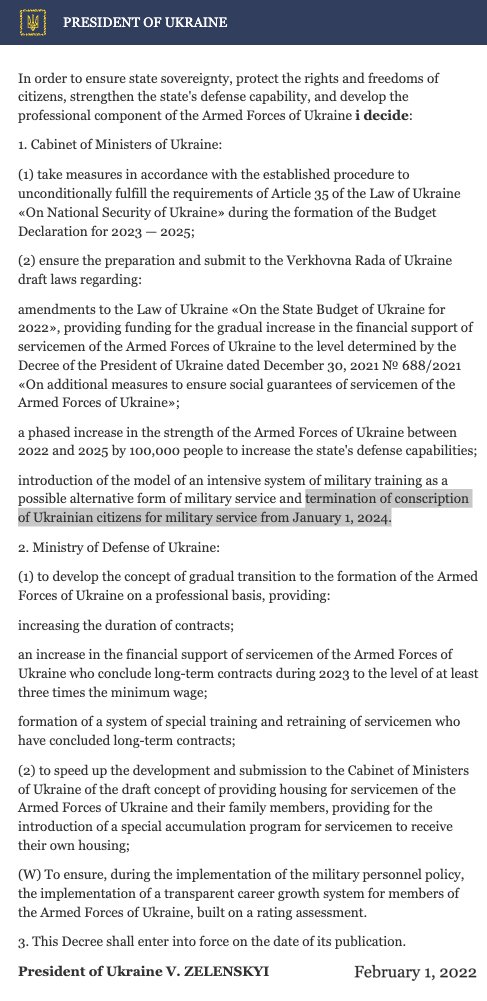In today’s Vatnik Soup, I’ll discuss the Russian shadow fleet: a network of ships that operate in secret, dodge sanctions, smuggle oil, and undermine the security of Europe’s seas while keeping Putin’s war machine running.
1/15
1/15

To understand the shadow fleet, let’s rewind to 2022. Russia launched its full-scale invasion of Ukraine, and the West responded with economic shockwaves. Sanctions were imposed, Russian oil was banned, and a price cap was introduced. For Russia, this was a disaster.
2/15

2/15


But Putin is well-familiar with economic warfare. Russia quickly created a “shadow fleet” – an armada of rusting oil tankers with false identities and forged paperwork,and illegal trade routes designed to dodge Western sanctions and keep the rubles flowing.
3/15

3/15


These ships are registered under shady “flags of convenience” from countries like Panama, Liberia, or even completely fabricated registries. Ownership is hidden behind endless layers of shell companies. If a ship gets caught, good luck figuring out who actually owns it.
4/15


4/15



The moment these ships enter sensitive waters (like the Baltic Sea), they switch off their AIS transponders, going “dark” on satellite tracking. This allows them to slip past authorities unnoticed, only to reappear days later in a friendly port.
5/15
5/15

Instead of docking at a major port where they can be tracked, Russian oil tankers sometimes transfer their cargo in international waters, much like drug smugglers. By the time the oil reaches its final buyer, its origins have been scrubbed clean.
6/15
6/15

The scale of this operation is staggering. Some estimates suggest that Russia has over 600 ships in their fleet, many of which should’ve been scrapped years ago. This naval black market keeps billions flowing into Russia’s economy, directly funding the war on Ukraine.
7/15
7/15

Russia has a long history of using civilian ships for intelligence gathering. Some of these tankers may not even be carrying oil – they could be mapping undersea cables, tracking NATO maneuvers, or scouting critical infrastructure for future sabotage.
8/15
8/15

Another rusting Russian tanker with 100,000 tons of sanctioned oil recently faced a power outage in the Baltic Sea and had to be towed to the coast by Germany. It *would* be embarrassing – if Russia was familiar at all with that feeling.
9/15
9/15

In Feb 2025, the oil tanker Koala suffered explosions in its engine room while docked in Ust-Luga, Russia. The vessel was carrying 130,000 tons of fuel oil, but according to Russian officials, no spills were detected.
10/15
10/15

Incidents like this happen all the time, and the shadow fleet is an ecological catastrophe waiting to happen. But Russia can always shift the blame on others – for example, Koala was sailing under the flag of Antigua and Barbuda.
11/15

11/15


On a more optimistic note, many Western allies see the threat and are countering it. In January, the Joint Expeditionary Force launched an artificial intelligence-based reaction system for monitoring the threats that the shadow fleet poses for underwater cables.
12/15
12/15

In addition, Baltic NATO members have increased naval patrols to monitor suspicious ship movements. The alliance is also reinforcing undersea infrastructure security, ensuring that Russia cannot use the cover of these vessels to sabotage critical infrastructure.
13/15
13/15

For the Baltics, this is a matter of national security, so naturally, they are pushing NATO for a stronger maritime presence in the region. Estonians have been vocal about treating the shadow fleet as a military problem, not just an economic one.
And they’re right.
14/15
And they’re right.
14/15

To conclude, the Russian shadow fleet must be stopped. It threatens critical infrastructure and ocean ecology, while its trade profits directly fund Russia’s war on Ukraine. This requires imposing new sanctions and strictly enforcing existing ones.
15/15
15/15

The 2nd edition of “Vatnik Soup — The Ultimate Guide to Russian Disinformation” is officially out!
You can order your copy here:
kleart.eu/webshop/p/vatn…
You can order your copy here:
kleart.eu/webshop/p/vatn…
• • •
Missing some Tweet in this thread? You can try to
force a refresh
































